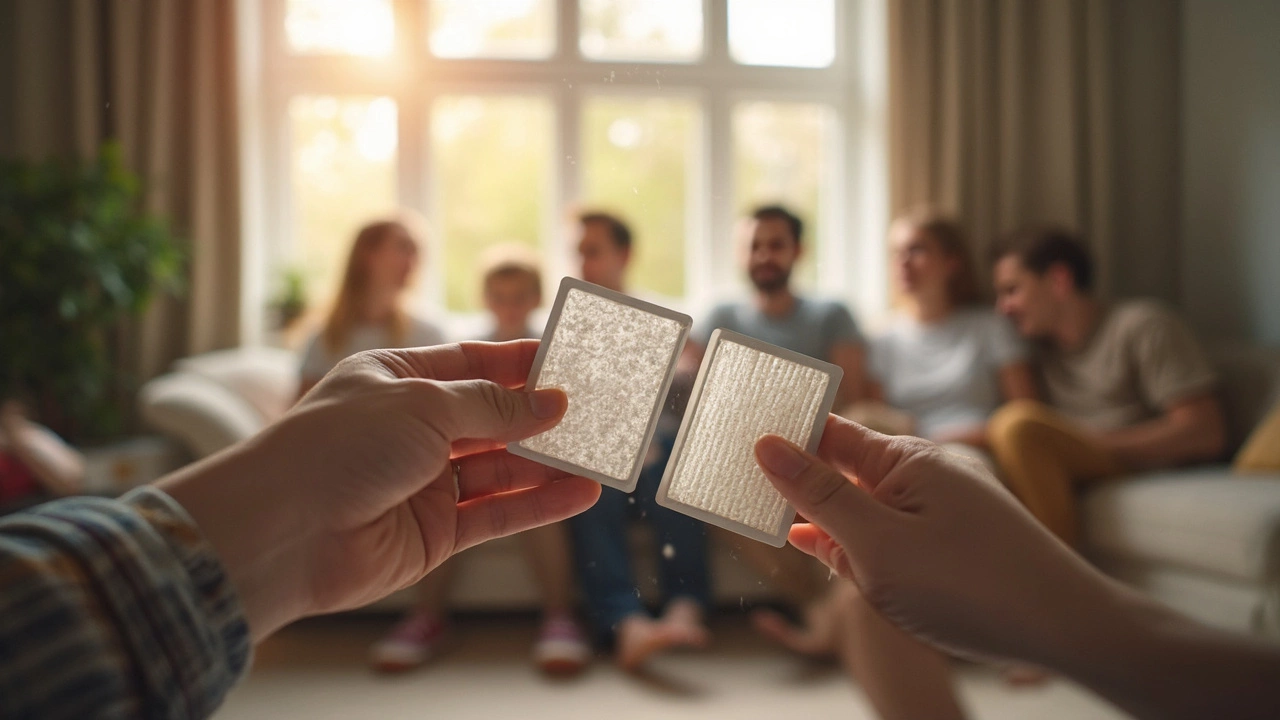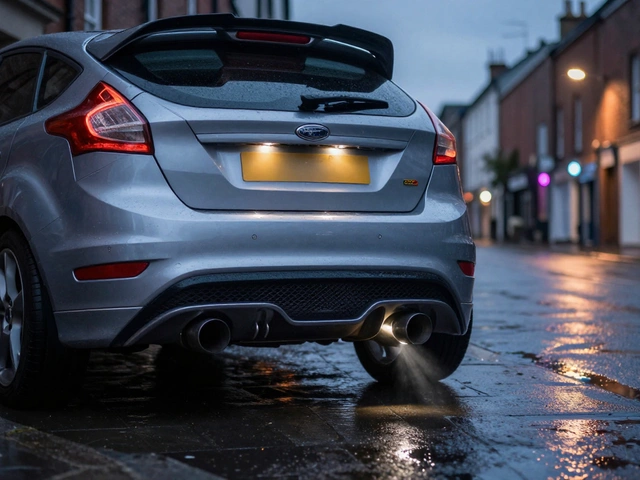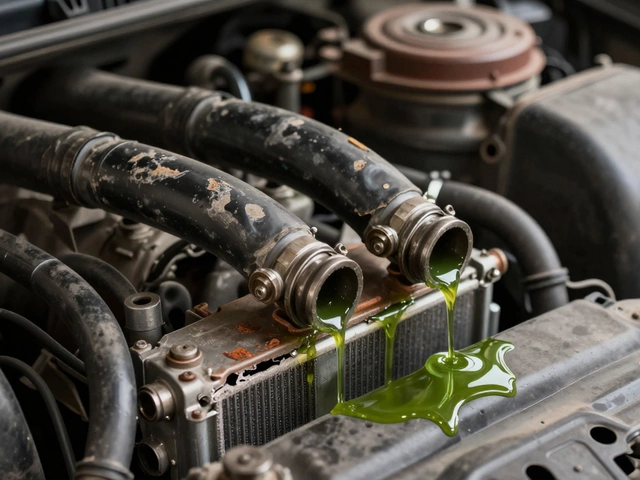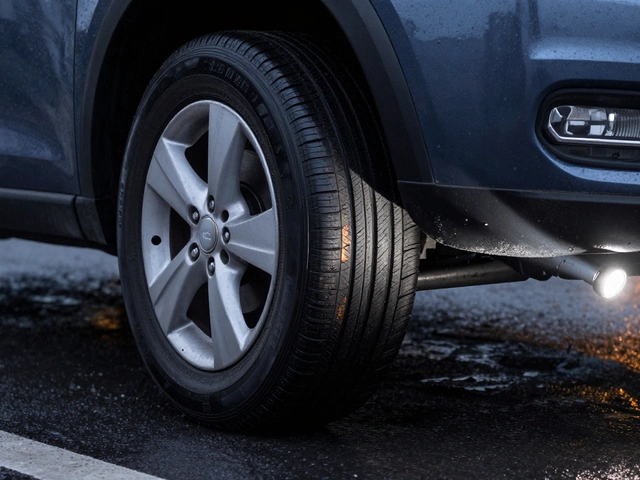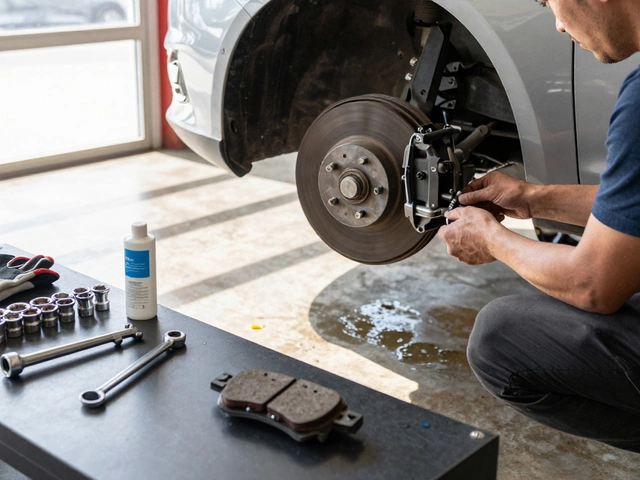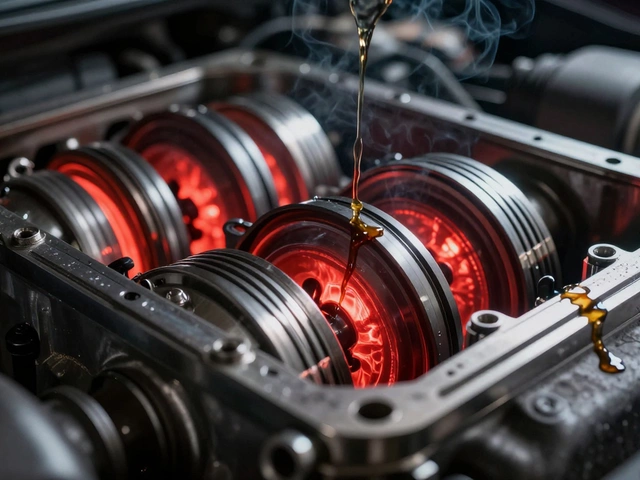HEPA Filters: What They Are and How They Help Your Car's Air Quality
When you hear HEPA, High Efficiency Particulate Air filter. Also known as high-efficiency air filter, it isn’t just for homes or hospitals—it’s becoming a key part of modern car ventilation systems. A HEPA filter can capture 99.97% of particles as small as 0.3 microns, including pollen, dust, smoke, and even some bacteria. That means less sneezing, clearer breathing, and fewer allergens swirling around your cabin while you drive.
Most cars don’t come with true HEPA filters from the factory, but many high-end models and newer hybrids now offer them as an option or upgrade. What you usually find in standard cars is a cabin air filter, a filter designed to clean air entering the passenger compartment, which might be MERV-rated but rarely meets HEPA standards. Still, upgrading to a HEPA-grade cabin filter can make a real difference—especially if you drive in cities with heavy traffic or live near busy roads. These filters work alongside your car’s HVAC system, the heating, ventilation, and air conditioning system that controls cabin climate to pull in outside air, clean it, and circulate it back inside. Without a good filter, all that gunk from exhaust fumes, tire dust, and road grime ends up right in your lungs.
It’s not just about comfort. If you’ve got kids, allergies, or asthma, a clean cabin matters more than you think. Studies show that air quality inside cars can be worse than outside—especially during rush hour. And while your engine air filter keeps dirt out of the engine, the cabin filter keeps dirt out of you. Replacing it regularly—every 12,000 to 15,000 miles—is as important as an oil change. Some drivers swap theirs every 6 months, especially if they’re in London or Manchester where pollution levels stay high year-round.
You’ll find a lot of posts below about car maintenance that touch on air quality without naming HEPA directly. Things like cabin air filter replacements, how to spot a clogged filter, or why your AC smells musty—all connect back to this. We’ve got guides on MERV ratings, how to choose the right filter for your model, and even how to install one yourself without paying a mechanic. Whether you’re driving a 10-year-old hatchback or a brand-new SUV, understanding what’s filtering the air you breathe matters. And if you’ve ever wondered why your eyes water on the M25 or your nose runs after a long commute, the answer might be simpler than you think: it’s time to check your filter.
